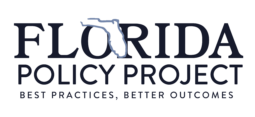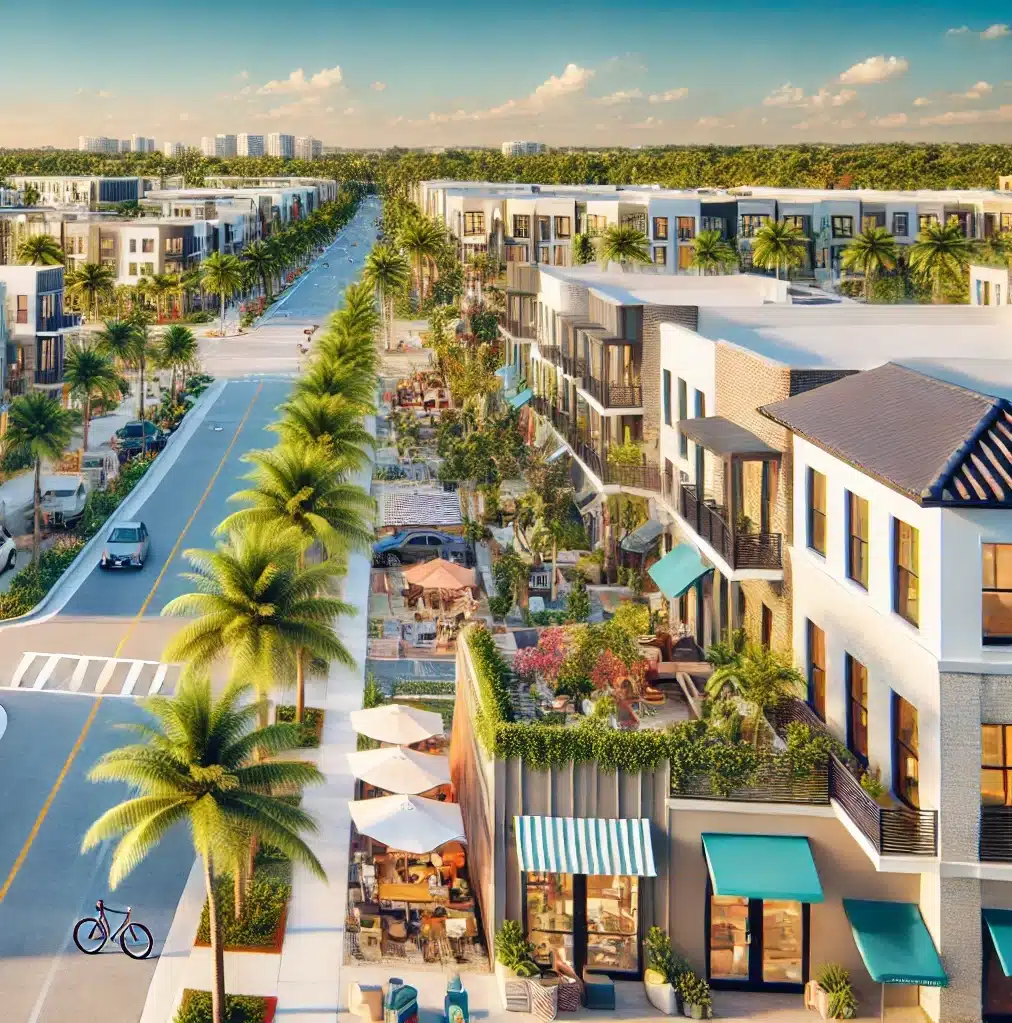Building Smarter Communities with Form-Based Codes
Form-Based Codes (FBCs) represent a design-oriented alternative to traditional zoning, focusing on the physical form of neighborhoods rather than strict land-use regulations. This report explores how FBCs can encourage sustainable growth, enhance affordability, and create vibrant communities in Florida.
Key Insights
What are Form-Based Codes?
- Definition: FBCs emphasize the design and layout of developments, such as building height, placement, and public spaces, over land-use restrictions.
- Impact: Promotes a harmonious blend of housing, businesses, and public amenities without fundamentally altering neighborhood aesthetics.
Why FBCs Matter
- Housing Supply: Increases housing density to meet demand while preserving community character.
- Walkability: Encourages pedestrian-friendly designs with mixed-use spaces.
- Flexibility: Simplifies processes for businesses and developers, reducing barriers to innovation.
Examples of Success
- Miami, Florida: The Miami 21 Plan replaced traditional zoning with FBCs, leading to thousands of new housing units and increased property values in neighborhoods like Coral Way.
- Arlington County, Virginia: Columbia Pike adopted FBCs, creating affordable housing, safe pedestrian areas, and mixed-use developments.
- Cincinnati, Ohio: Madisonville Neighborhood used FBCs to develop a walkable business district with diverse housing and community amenities.
Proposed Recommendations
- Expand FBC Adoption
- Encourage cities and counties to replace outdated zoning with FBCs, prioritizing areas with housing shortages.
- Promote Public Engagement
- Educate communities on the benefits of FBCs to foster support and ensure equitable implementation.
- Integrate Sustainability
- Design neighborhoods with green spaces, renewable energy solutions, and walkability in mind.
Why It Matters
- Form-Based Codes offer a modern approach to urban planning that balances growth with livability.
- They provide a framework for affordable, inclusive, and sustainable communities.
- FBCs empower cities to adapt to evolving housing and business needs.

